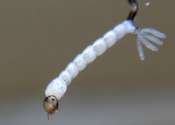New theory shows how strain makes for better catalysts
Brown University researchers have developed a new theory to explain why stretching or compressing metal catalysts can make them perform better. The theory, described in the journal Nature Catalysis, could open new design ...








